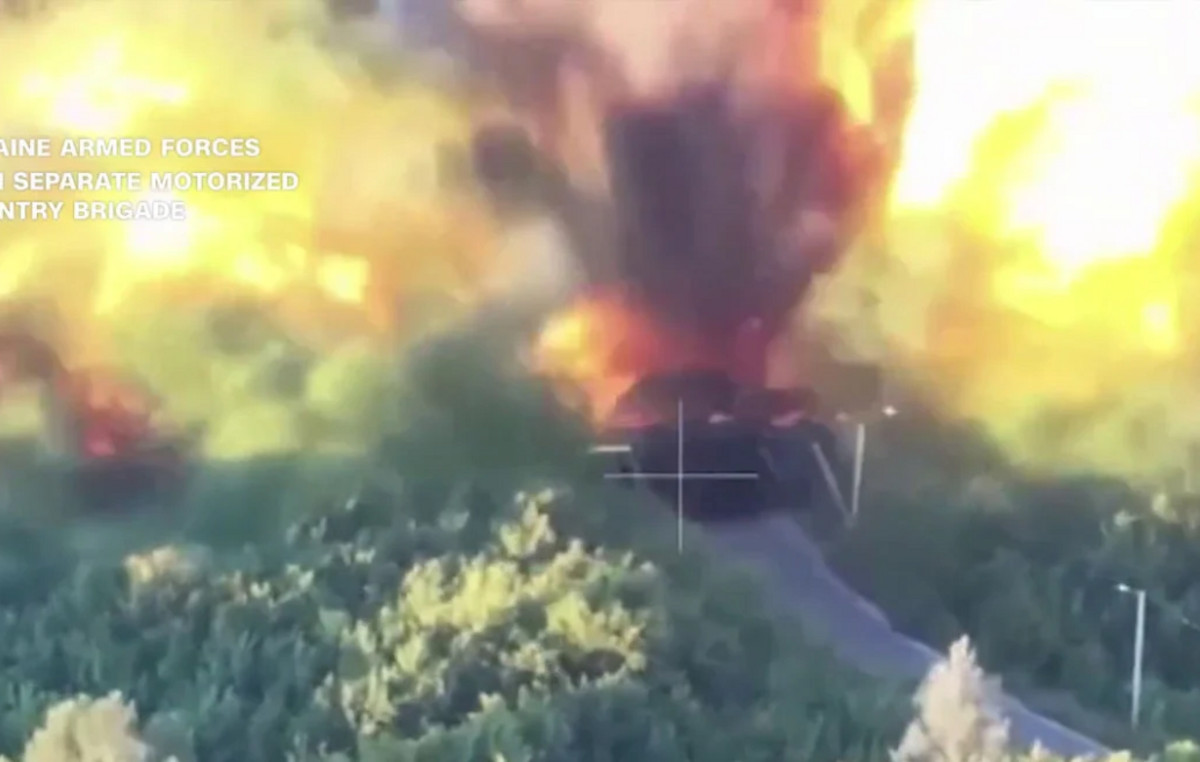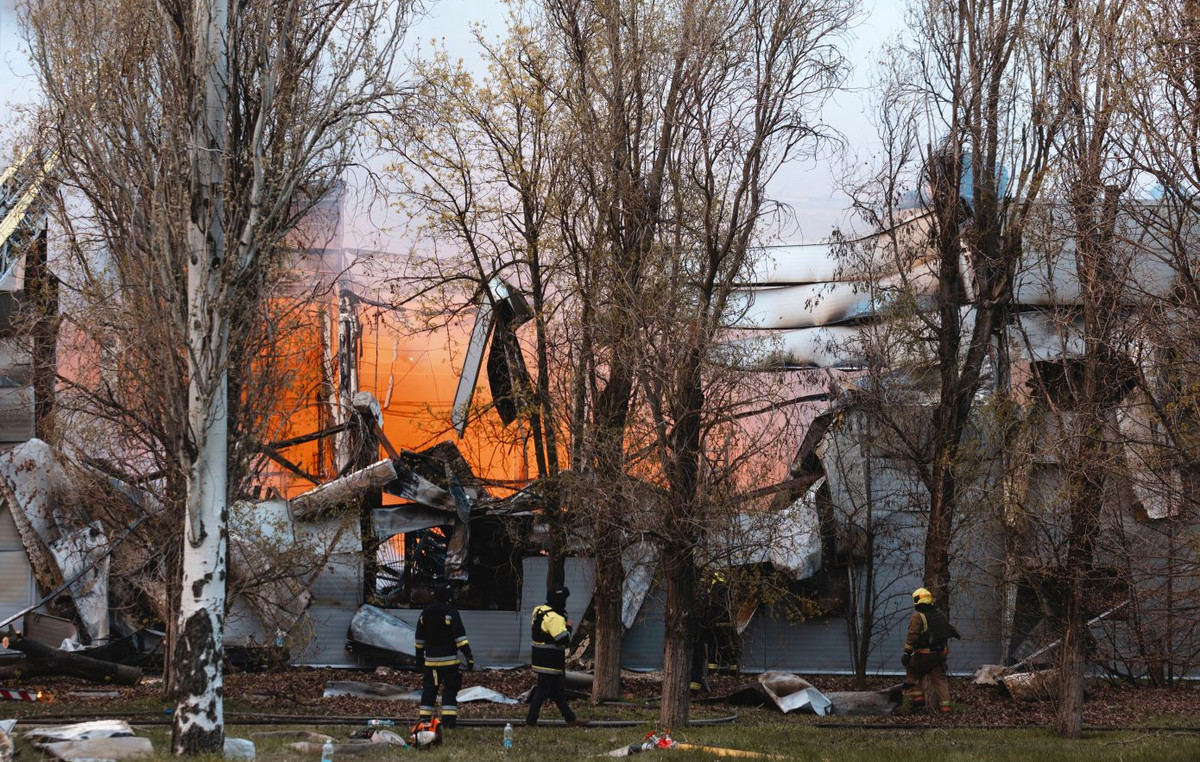There is a realistic possibility of famine in 14 areas of Sudan if the war that began in April last year worsens, a global monitor said on Thursday, in a sharp worsening of the hunger crisis that the World Food Program has classified as the largest in the world.
The areas are located in the capital Khartoum, the Darfur and Kordofan regions and El Gezira state, which have seen the most intense fighting, according to an update to the Integrated Food Security Phase Classification (IPC).
The IPC said its analysis marked a “sharp and rapid deterioration of the food security situation” in Sudan in December, and recorded the worst levels of hunger it had observed in the country.
The number of people facing hunger in the lean season through September, when less harvested food is available, rose 45 percent to 25.6 million, or more than half the population, the CPI said.
About 8.5 million people – nearly a fifth of the population – face food shortages that can result in acute malnutrition and death or require emergency coping strategies. As previously reported by Reuters, around 755,000 people are predicted to be in “catastrophe”, the most severe level of extreme hunger, above zero in December.
War between Sudan’s army and the Rapid Support Forces (RPF) broke out more than 14 months ago in the capital and quickly spread to other parts of the country.
It sparked ethnic violence in the western Darfur region, caused the world’s largest internal displacement crisis and divided control of the country between rival camps.
A hunger crisis, which the WFP said on Thursday was the worst in the world, has already led some Sudanese to eat leaves and dirt. A Reuters report last week included analysis of satellite images that showed rapidly expanding cemeteries as famine and disease spread.
Militia risk
The IPC is a collaboration that includes UN agencies, national governments and aid groups, and produces internationally recognized assessments of food crises.
Its most extreme warning is Phase 5, which has two levels, catastrophe and then famine, that can be declared if certain thresholds are exceeded in a specific area.
Famine can be declared if at least 20% of the population of an area suffers catastrophic food shortages, with at least 30% of children severely malnourished and two people in every 10,000 dying daily from hunger or malnutrition and disease.
Since the IPC alert system was established 20 years ago, famine has only been declared twice – in parts of Somalia in 2011 and in parts of South Sudan in 2017.
The IPC said famine could occur with reasonable probability in a worst-case scenario, which includes escalation of fighting across Sudan and the involvement of local militias.
Earlier this week, the FAP organized an incursion into the state of Sennar and took over another state capital. Heavy fighting continued elsewhere.
“Time is quickly running out to avoid starvation. For every person we reach this year, eight others desperately need help,” WFP Executive Director Cindy McCain said in a statement.

Foreign supporters are “accomplices”
The 14 areas the IPC said were at risk of famine included Tuti Island on the Nile and the working-class Mayo district of Khartoum, Madani, the capital of the commercial hub of Gezira, and the besieged town of al-Fashir in North Darfur.
It also includes refugee and displacement camps around Nyala, the capital of South Darfur, and in West Darfur and South Kordofan. Most of the areas were controlled or attacked by the PAF.
On Wednesday, U.N. experts accused both rival factions of using food as a weapon of war by blocking, looting and exploiting humanitarian assistance. The warring factions denied impeding aid.
“Foreign governments that provide financial and military support to both parties in this conflict are complicit in hunger, crimes against humanity and war crimes,” the UN experts said in a statement.
The groups also called on the United Nations and international donors to increase support for local humanitarian networks and volunteers “risking their health and lives and working beyond the battle lines”.
Source: CNN Brasil
Bruce Belcher is a seasoned author with over 5 years of experience in world news. He writes for online news websites and provides in-depth analysis on the world stock market. Bruce is known for his insightful perspectives and commitment to keeping the public informed.







